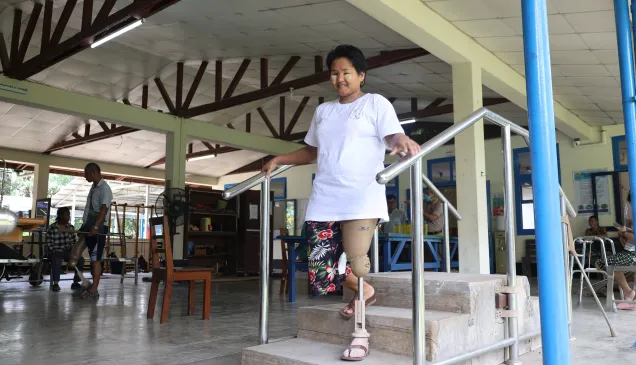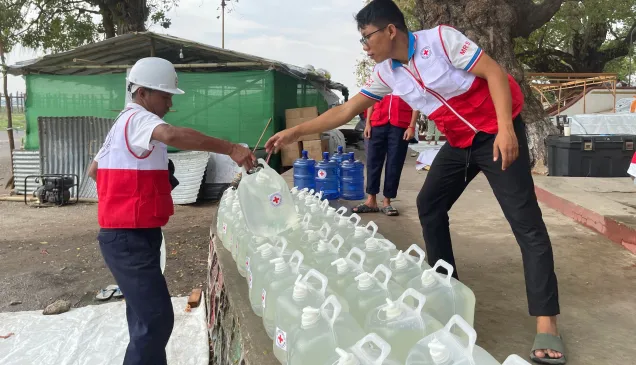In October 2016, Myanmar's Rakhine State experienced an upsurge of violence. The tense security situation resulted in humanitarian organizations and the media being denied access to many communities.
Health care in rural Rakhine, Myanmar: Through a lens of coexistence
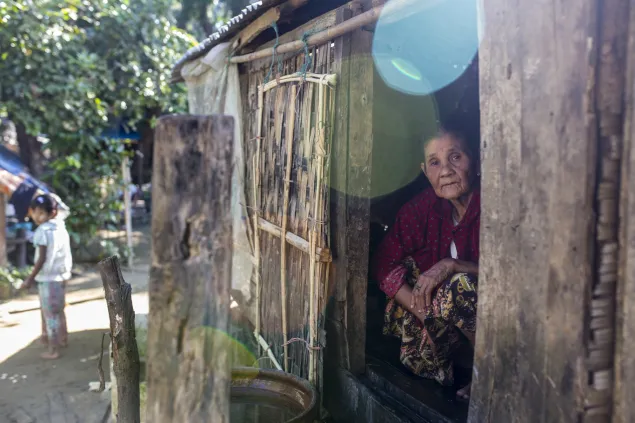
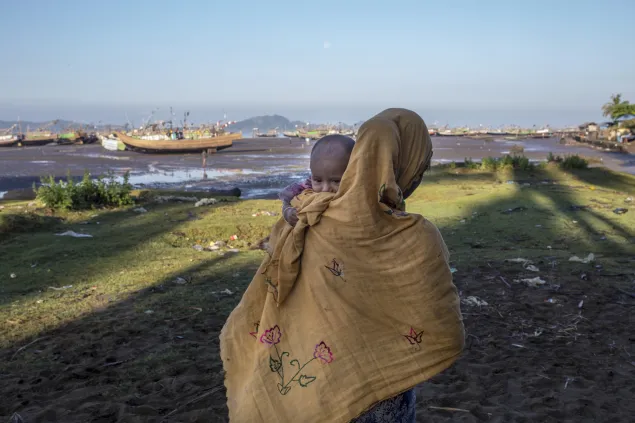
The conflict displaced around 70,000 people who crossed the border to Cox's Bazar in Bangladesh. Around 20,000 people were internally displaced within the Rakhine State itself.
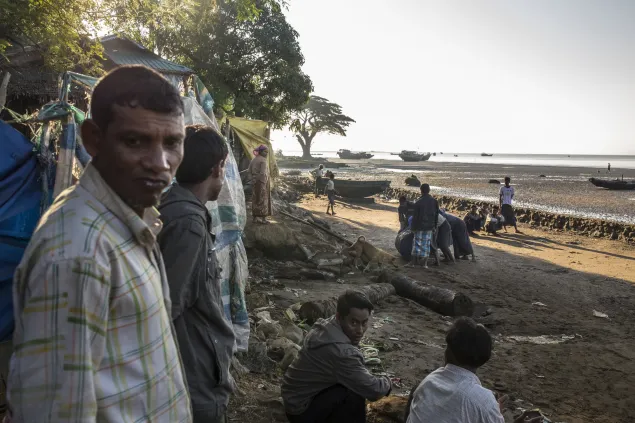
Many of the displaced were predominantly Muslim. While most of them returned to their communities, thousands still remain.
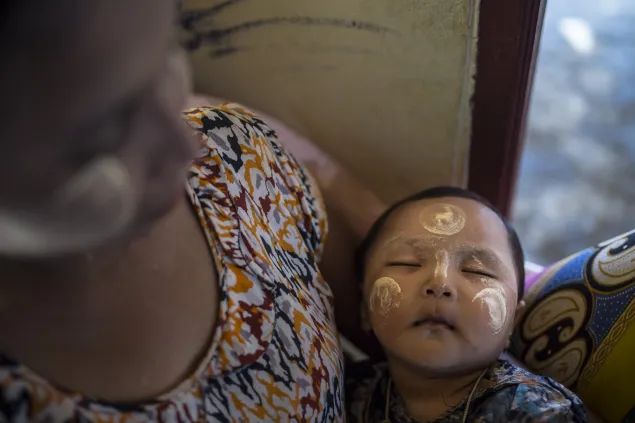
With limited access to proper healthcare in rural communities, infant mortality and maternal health are still very poor in states like Rakhine. Myanmar currently rates as the second worst in maternal mortality in Southeast Asia.
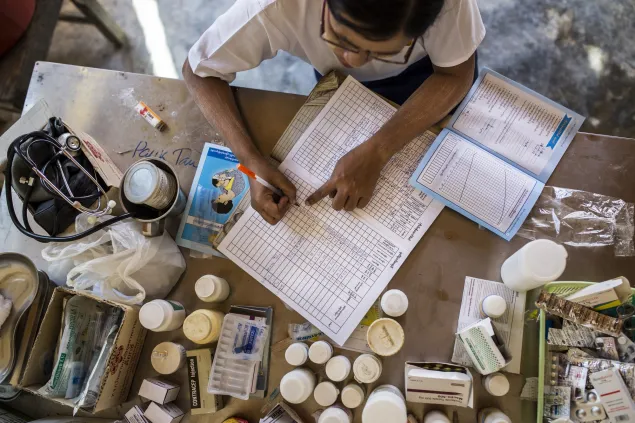
The International Committee of the Red Cross' (ICRC) involvement has meant that rural health clinics have had access to training to help tackle these two important issues. Currently, the ICRC is assisting six townships in Rakhine.
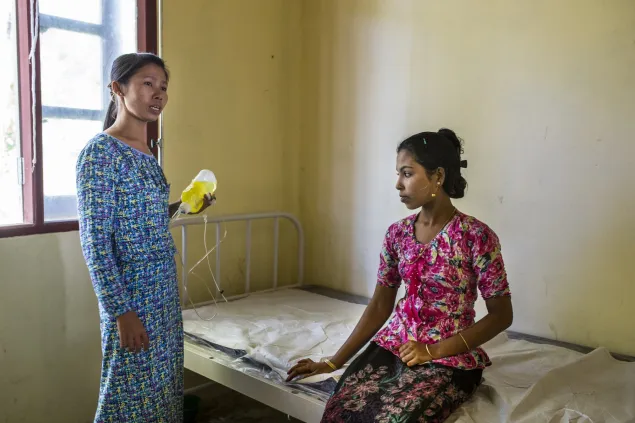
In a lot of these rural communities, often having modern medical equipment results in better provision of healthcare. This can be as simple as fixing a delivery table, a water filter, providing clean delivery kits, or installing solar-powered lights.
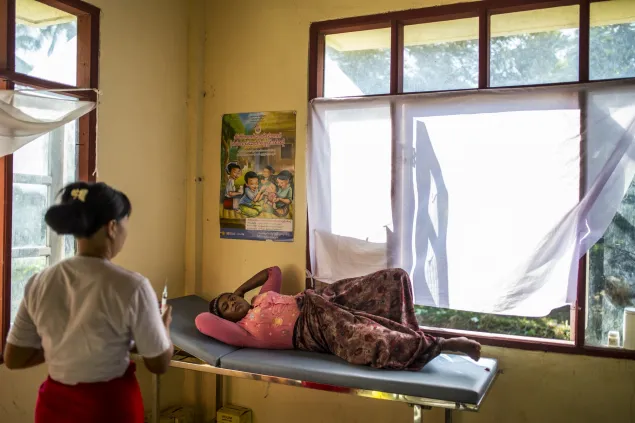
For maternal health, these include regular monitoring during pregnancy, safe delivery, post-natal care, and immunizations for babies.
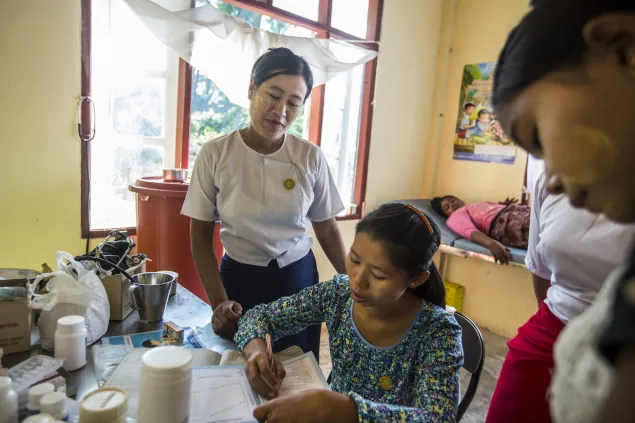
In 2017, around 200 health assistants, midwives, doctors, and traditional birth attendants in Pauktaw township alone participated in refresher training courses in maternal and infant health.
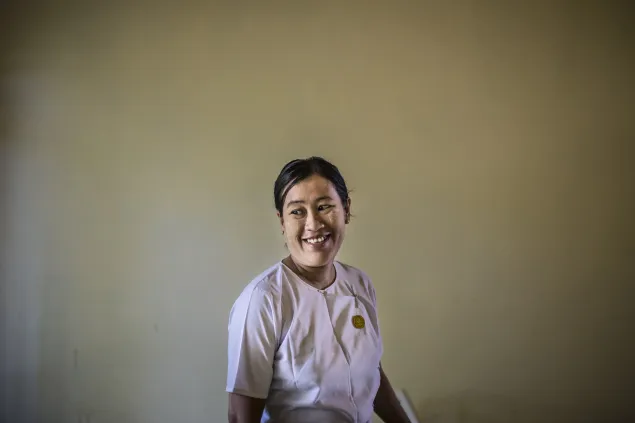
This has meant that healthcare professionals like San Mya Yee are better equipped to provide medical services to all. “Everyone is welcome here. We treat them all equally. We give them good care.”
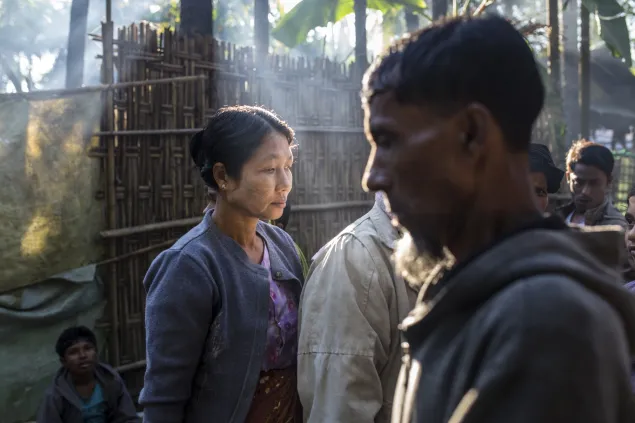
Rural clinics like the one in Sin Tet Maw are an example of a bridge connecting two communities that are both recuperating from ongoing violence and conflicts.
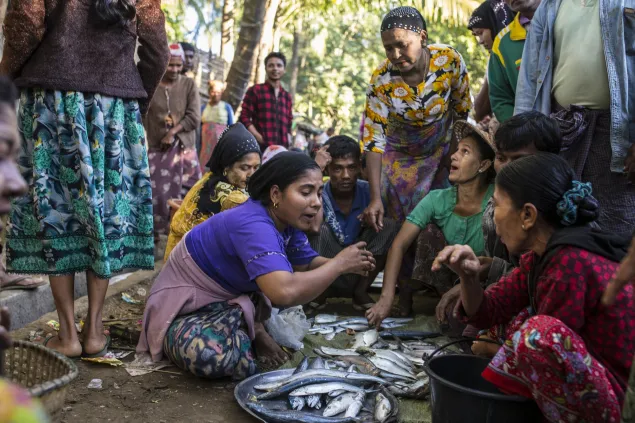
This peaceful coexistence serves as a reminder that healthy and thriving communities can be rebuilt.
Rakhine State, Myanmar still experiences ongoing conflicts between the Rakhine and Muslim communities. Since October 2016, this unrest has led to not only the displacement of tens of thousands but also a lack of access to basic necessities and health care for those affected. ICRC continues to work with the Ministry of Health and Sports in strengthening health-care services for local communities, especially those in rural Rakhine. Maternal health and infant mortality are two key issues crucial to enhancing overall community health in Rakhine State. Through the setup of clinics in rural communities and the provision of health-care services to all alike, Sin Tet Maw serves as an example of possible peaceful coexistence.


